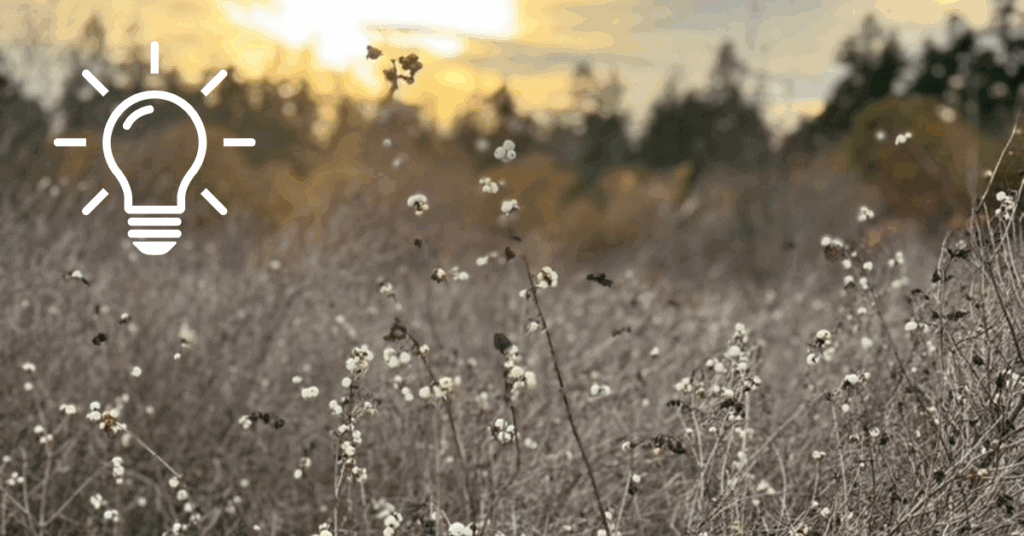Just a few short years ago I was officially diagnosed with autism. I didn’t really need the diagnosis and I was careful to sidestep the pathologizing that went along with putting myself through that process. Personally, I simultaneously felt shocked and validated. On any given day I teetered between, “This can’t be right!” and “Ah, this makes so much sense.” I went through all the stages of grief consistent with the Kübler-Ross model. What it did give me was the strength to stop justifying to others the unique ways I needed to take care of myself. Owning I was autistic led to a better relationship with myself.
When people you love don’t believe you
In an act of self-preservation, I paused relationships or limited communication with folks who weren’t able to distinguish their own disbelief or hear how ableist their comments were. “My wife twists her hair, and she’s not autistic. “I’ve known you for over 15 years, and I just don’t see it. “I think we’re all a little autistic at times, aren’t we?” Or, my all-time favourite: “I don’t believe in autism it’s just bad behaviour.”
These folks were well-meaning but lacked the skills, understanding or words to walk beside me as I navigated life, still grappling with the fact that I was autistic.
Unveiling the truth behind autistic stereotypes
In our world, there’s still an ongoing tendency within certain fields or communities to interpret autistic me using a stereotype and to relate to my behaviour, identity, or experiences as abnormal.
Neurotypical coaches are no different when they unwittingly coach autistic folk from their own typical lens and bias. In fact, it’s taken me several years to feel safe enough to unmask and to reflect, pinpoint and accept the autistic traits unique to me after receiving occasional coaching that left me feeling very unsafe and shamed for who I was.
Consequently, that experience caused me to rethink my approach with BIPOC folk which led to me taking a brilliant program called, “Whiteness At Work” presented by The Adaway Group where I confronted white supremacy, racism, institutional inequities, and power dynamics.
How gentle advocacy opens minds
People are still shocked to discover I’m autistic. These moments now provide beautiful opportunities in my work with HR, businesses and organizations to transform their perspective and to show that autistic individuals are hiding everywhere.
Many organizations are not yet equipped to navigate the complexity of the diverse neurotypes that make up their culture. The opportunity to gently reveal that I am autistic creates a beautiful segway to slowly and safely reveal ableist expectations, policies and procedures that may be in the blind spot of well-intended inclusion policies and procedures. You don’t know what you don’t know until you’ve lived it!
The autistic perspective brings insight
Beyond stereotyping, autistic folk bring precisely the unique perspective necessary to navigate this highly volatile world we find ourselves in. Just after my diagnosis I was introduced to the following quote that deeply resonated and caused my brain to deep dive.
“One of the most promising developments since the publication of “The Geek Syndrome” has been the emergence of the concept of neurodiversity: the notion that conditions like autism, dyslexia, and attention-deficit/hyperactivity disorder (ADHD) should be regarded as naturally occurring cognitive variations with distinctive strengths that have contributed to the evolution of technology and culture rather than mere checklists of deficits and dysfunctions.”
― Steve Silberman, NeuroTribes: The Legacy of Autism and the Future of Neurodiversity
Heck yea!
The struggle with belonging
As I’ve navigated my own journey, I’ve observed that autistic executives struggle immensely with belonging. I also discovered why I’d become so obsessed with organizational health and interpersonal dynamics long before it became popular. I had a hunch that I didn’t belong and so I did what some autistic folk do… I researched and studied “how to”. These obsessions became my “special interests” as I struggled with my own sense of belonging and the complexities of working in environments that felt like an assault on my being. Case in point, autistic execs are much more susceptible to stress and burnout, especially due to differences in sensory processing and social perspective-taking to name a few. Interesting to note that folks with ADHD may experience rejection sensitive dysphoria (RSD).
Rejection sensitive dysphoria (RSD) is a condition in which a person feels extreme emotional sensitivity and pain due to perceived or actual rejection. RSD appears to be more common in those with ADHD.
Although rejection is not enjoyable for anyone, it can trigger an overwhelming emotional response in people with RSD. Imagine navigating that in a position or business that requires you to be highly social like sales or marketing or even operating your own business!
Can a neurotypical coach work with Autistic Folk?
There is a growing movement to suggest that no matter how well trained they are, neurotypical coaches unwittingly coach autistic folk through their own typical lens and bias. In addition, there is a lean toward “fixing” or “solving” rather than meeting the individual exactly where they are and this seems to occur in neurotypical coaches’ blindspots.
Can autistic coaches work with neurotypical folk?
If we use me as an example, for twenty years, I’ve been successful in coaching individuals of all neurotypes, including neurotypical folk. My theory is that my diagnosis merely confirmed what I suspected all along, which led to greater self-acceptance, and resulted in a powerful and positive shift in my approach to my unique well-being needs. No longer was I a complete annoyance to myself. “What the hell is wrong with me, why can’t I just be like XYZ”. I finally achieved the peace that eluded me for years. That self-acceptance and peace resulted in me galvanizing a well-being plan that works for me, even if it looked “weird” to others or went against the grain of the community or culture.
This translated to clients reporting that they felt seen and understood for the first time in their lives. They experienced unshaming. I was able to meet them exactly where they were rather than fixing, solving or supporting them to change in an inauthentic way.
The irony is that this approach creates powerful results. What a beautiful bonus.
What if we upheld the uniqueness that we all are?
Don’t you think we could all benefit from upholding people’s well-being needs, whether we are neurotypical or neurodiverse, “odd” or contrary to the cultural norms of our business or organization?
In this journey, I’ve come to realize that I’m not odd or flawed; I’m autistic in a world mostly wired for the neurotypical. It isn’t personal.
Belonging and autistic folk
Belonging is found in the deep resonance between autistic folk, driven by our heightened sensory perception, shared understanding, and intense emotions.





